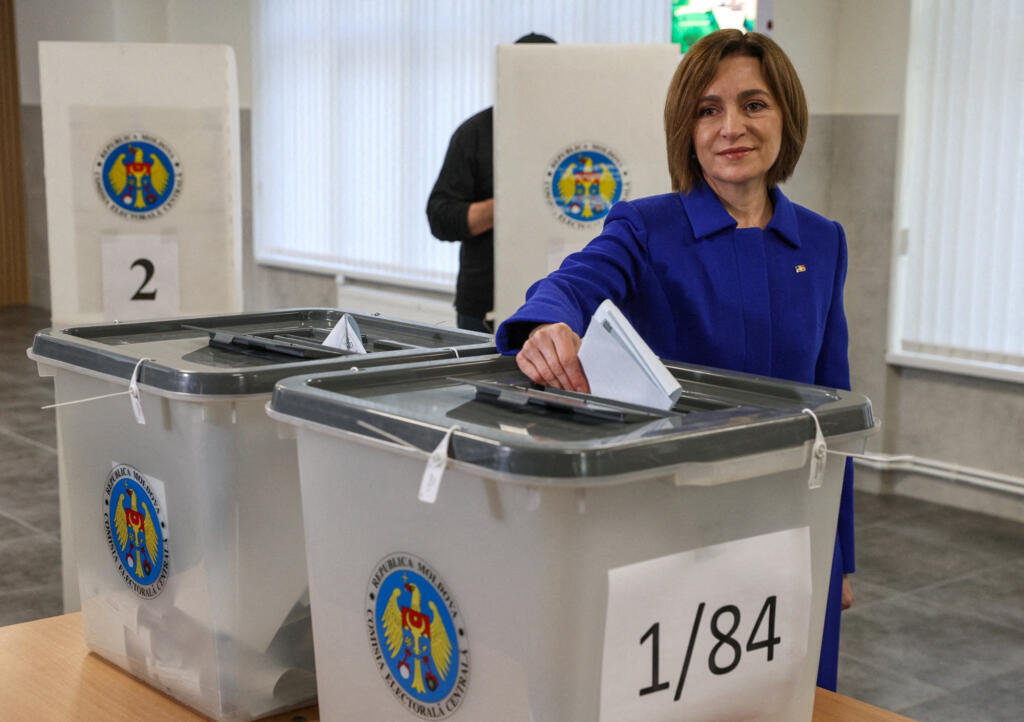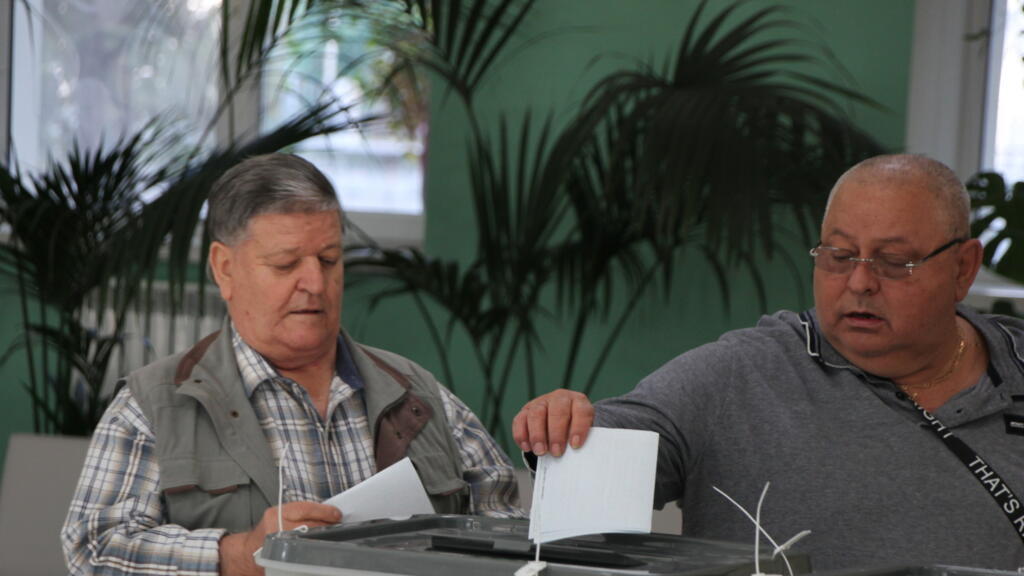
Moldovans on Sunday are casting their votes in parliamentary elections seen as crucial for the country's future direction. The poll will determine whether Moldova continues on its pro-European Union path or shifts towards closer ties with Russia, amid escalating geopolitical tensions in the region.
Moldovans are electing 101 members of parliament who will steer the country for the next four years. The president will then appoint a prime minister, usually from the dominant party or coalition, to form a new government.
Polling stations opened at 7:00 am on Sunday 28 September. Voting was calm at 9.30am at polling station 1/110 in the Spiru Haret Squirminet Lycem in Maria Cebotari Street, central Chisinau. The majority of the early birds are elderly people who discuss, sometimes at length, with the volunteer poll clerks.
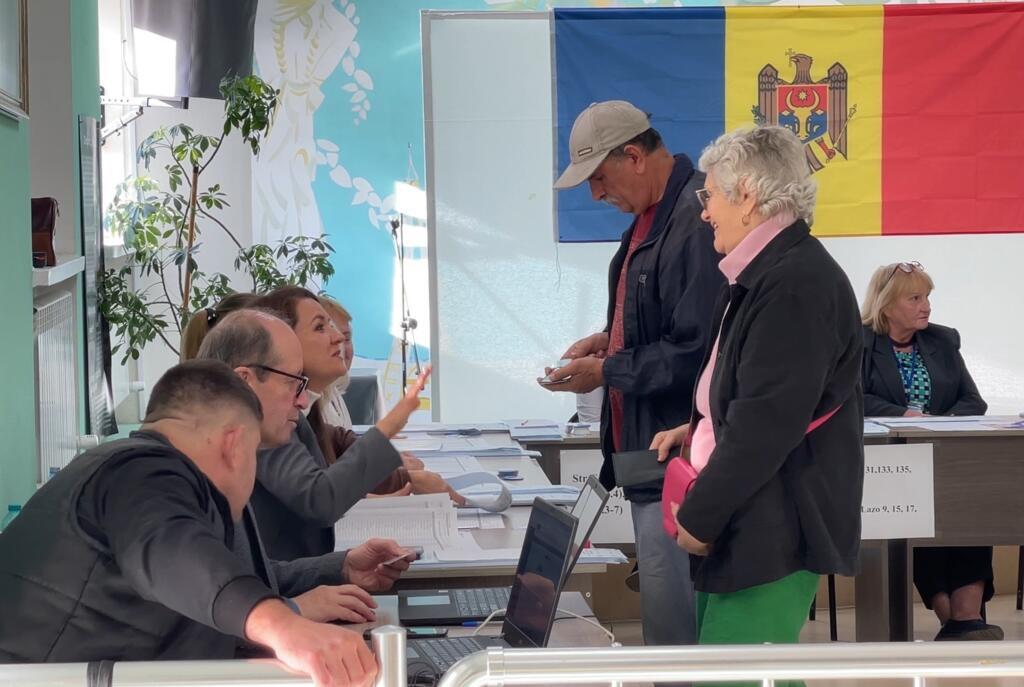
The ruling Party of Action and Solidarity (PAS), which has governed since 2021 and championed EU integration, has been leading in most pre-election surveys. However, these polls do not capture the large Moldovan diaspora who are casting their ballots at 300 polling stations opened across 41 countries. Britain hosts 24 stations, Germany 36, Italy 75, while Russia has only two.
Surveys show about a third of voters remain undecided.
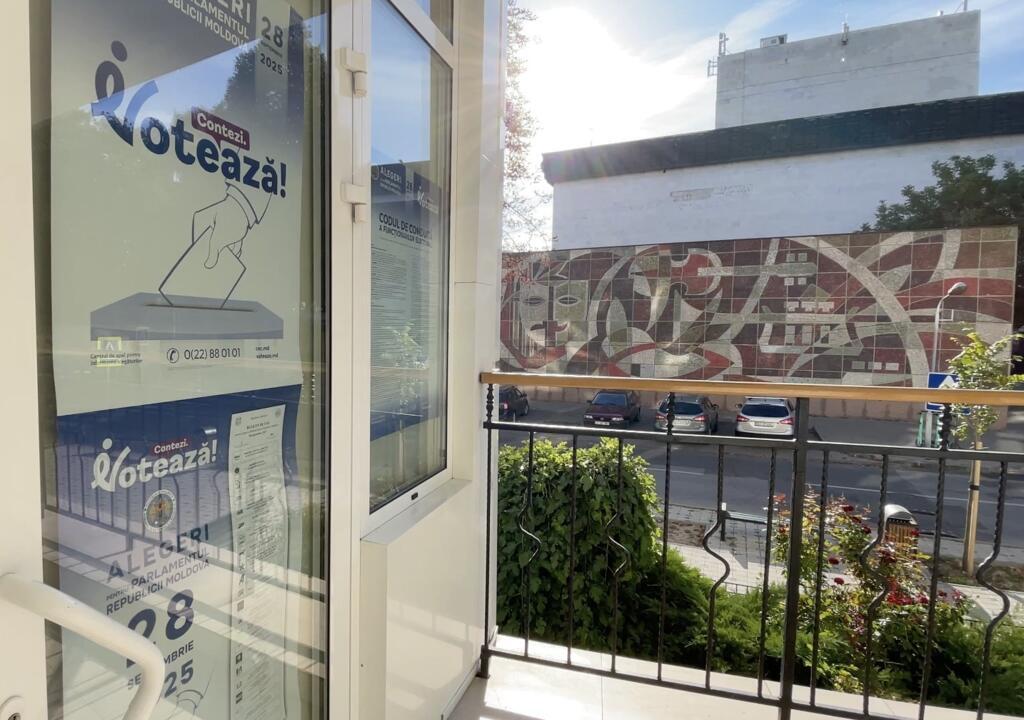
The election is taking place amid allegations from Moldovan Prime Minister Dorin Recean that Russia has spent hundreds of millions of euros on a "hybrid war" to influence the outcome and halt Moldova’s European ambitions.
Russia denies such claims.
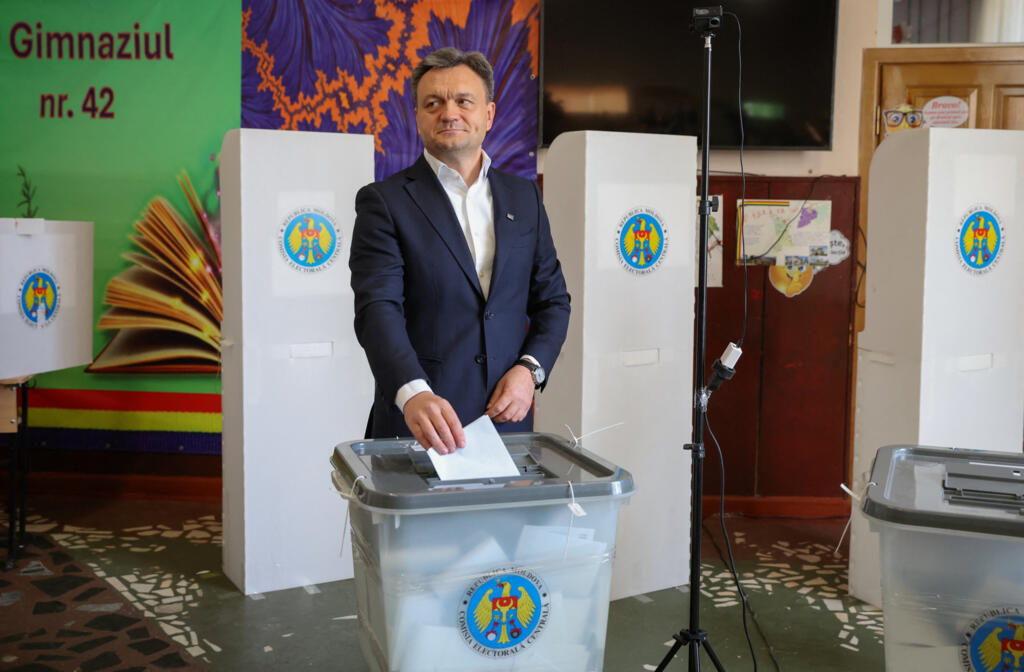
Meanwhile, hundreds of election observers are in Moldova to visit a selection of the more than 2,200 polling stations set up by the country's Electoral Commission.
Over 3,000 observers are monitoring the election – two thirds of them are Moldovan, but over 900 international observers are are present.
EU integration versus Russian influence: Moldova’s future on the line
Maria Paula Da Graca Cardoso, a Portugese MP who is part of the OSCE election observer commission, declined to comment on the fairness and transparency of the elections while they are still ongoing, noting "normal proceedings" so far. However she did express concern about the new election law involving anti-corruption measures that was introduced “too close to the elections” for it to be fully implemented.
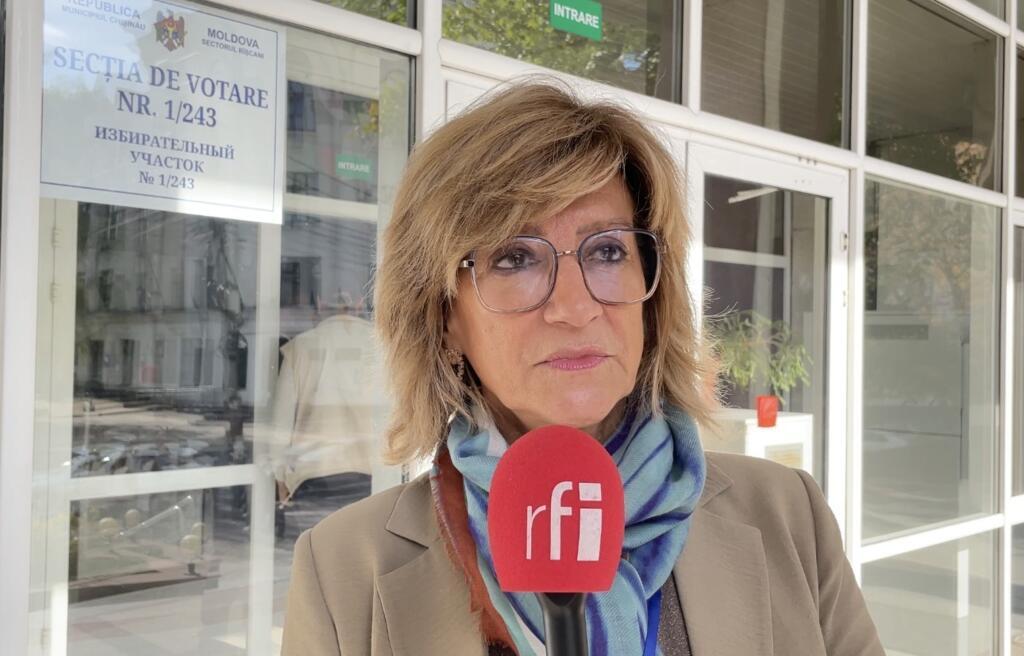
Polling stations close at 9:00 pm, but the electoral commission informed reporters by email that “voting can be extended by up to two hours” in the event of “technical issues” or “long queues".
Preliminary results from larger cities, including Chisinau, and from the diaspora, are expected from about 23:00 local time.
This marked a turning point in the 2020 presidential election. While early exit polls put pro-Russian incumbent Igor Dodon in the lead, there was a sharp swing and by midnight Maia Sandu had won by a 10-point margin.
